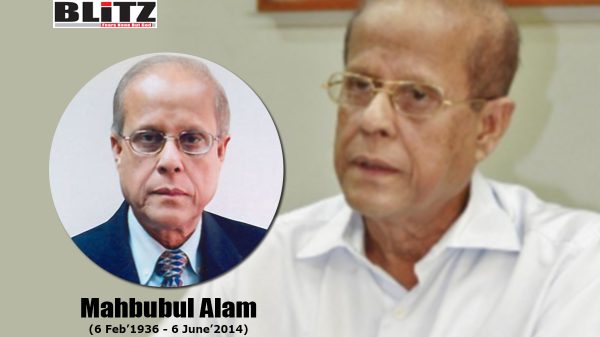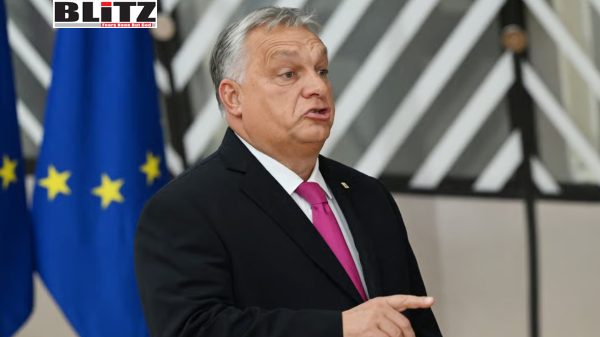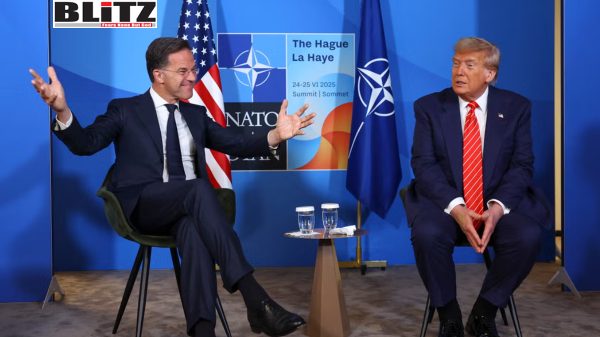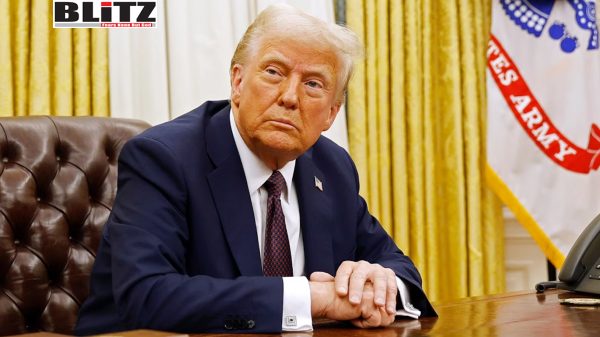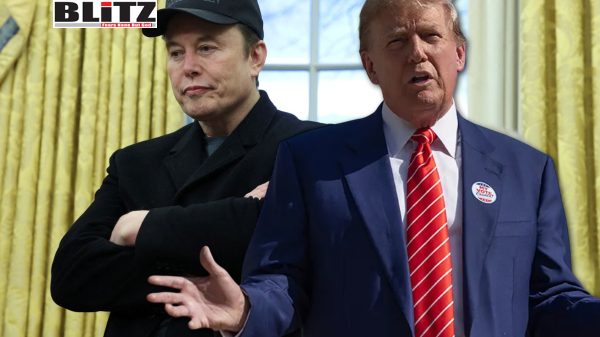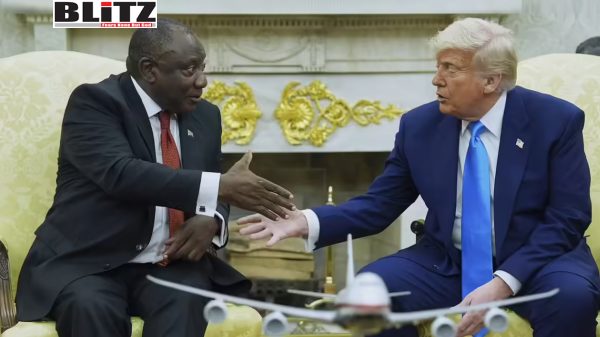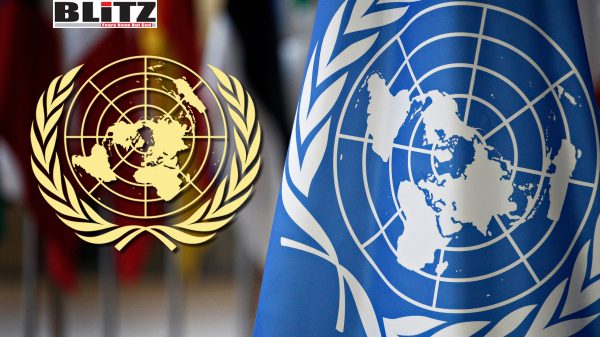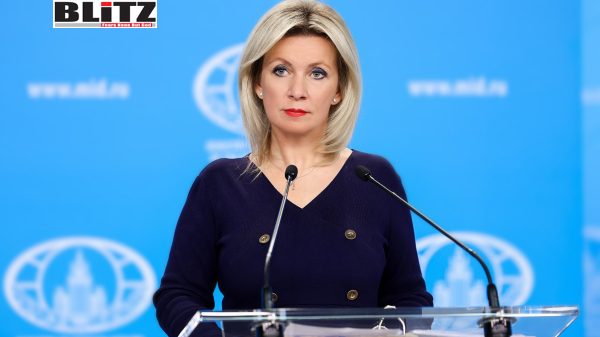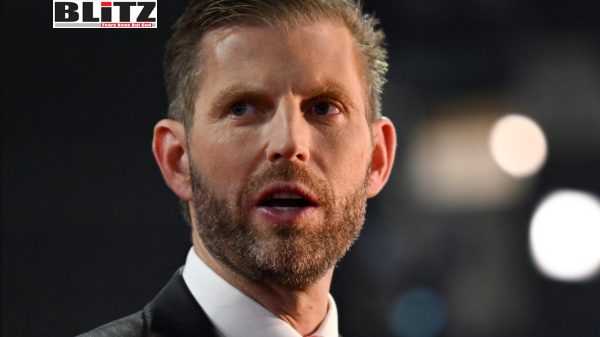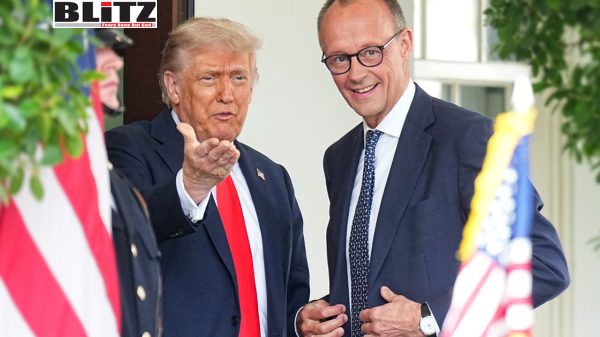The West is declining and the East is rising
- Update Time : Monday, February 12, 2024

Former French President Charles de Gaulle once remarked, “Americans will commit all the stupidities they can think of, plus some that are beyond imagination”.
Today, these words echo louder than ever as the United States engages in simultaneous proxy conflicts, trade and tech wars, and potential military confrontations globally. In response to this, traditional allies like France and India are increasingly asserting their strategic autonomy and embracing a path away from the fading era of unipolarity.
France, despite a significant reduction in relative power since the days of Napoleon, has maintained an independent stance in international affairs. Notable instances include President de Gaulle recognizing the People’s Republic of China in 1964 and ejecting NATO forces from France in 1966.
Although France later rejoined NATO, it has retained a maverick attitude. President Emmanuel Macron’s visit to India’s 2024 Republic Day parade, following US President Joe Biden’s last-minute cancellation, exemplifies this trend.
Macron, in a departure from Western sentiments, fostered a positive relationship with China during his visit to Beijing, signaling a shift in alliances. He cautioned European countries against being “vassals of the USA” and emphasized the need for Europe to embrace dedollarization.
France’s recent major business transactions in Chinese yuan, including a significant deal between Total Energies and China National Offshore Oil Corporation, suggest a potential challenge to the dominance of the Petrodollar regime.
Moreover, Macron stressed that the Taiwan question is not a European concern and obstructed NATO’s expansion to Asia, particularly to Japan. These actions underline France’s pursuit of strategic autonomy and willingness to defy traditional Western alliances.
On the other side of Eurasia, US-India relations have been strained, exacerbated by allegations of Indian government involvement in a plot to assassinate Sikh separatists in Canada and the US. The fundamental issue, however, lies in India’s refusal to align its foreign policy and geopolitical strategy entirely with the US.
India’s geopolitical landscape necessitates maintaining strong ties with Russia, a key military hardware supplier and longstanding ally. With two-thirds of Indian military equipment originating from Russia, India’s foreign policy establishment recognizes the importance of sustaining this alliance. Furthermore, India’s elites understand the global power shift towards Asia, acknowledging the decline of the West and the rise of the East.
According to geopolitical experts, “India’s elites understand the big picture: The West is declining and the East is rising. The economic, technological, geopolitical and military centers of the world are reverting back toward Asia. After all, for nearly 2,000 years, China and India were the two largest economies of the world. The inexorable wheels of history are turning, and the transformation is accelerated by America’s self-inflicted wounds”.
Indian External Affairs Minister Subrahmanyam Jaishankar has articulated India’s vision of the emerging multipolar world, emphasizing the legitimate pursuit of flexibility without seeking exclusivity. India, poised to become the third-largest economy globally, aims to leverage energy resources from Russia, technological expertise from China, and trade with the Global South to sustain its rapid growth. Embracing multilateralism and non-alignment or all-alignment policies is seen as a strategic imperative to navigate the complexities of the shifting global order.
The transition to a multipolar world poses challenges not only for India and France but for nations worldwide. President Macron’s discussions with Prime Minister Modi may revolve around creating a stable, win-win architecture for this emerging multipolar world. Cooperation among nations, from China to Saudi Arabia, Moscow to Lisbon, and Africa to Latin America, is essential for building a sustainable and inclusive global order.
Meanwhile, Bangladesh too is gradually moving-out of dollar hostility and embracing path towards multipolar world – deepening relations with China and trying to increase transactions in Chinese yuan instead of US dollars.
According to media reports, Chinese Ambassador to Bangladesh Yao Wen on January 30 said, his country wants to conduct more transactions with Bangladesh using Chinese or Bangladeshi currencies instead of the US dollar amid the ongoing dollar rate fluctuation.
“Now it’s a worldwide problem. This is the fluctuation of the dollar rate because of the financial and the monetary policy of the US. So, the global south, the developing countries as well as China also are facing the same problem. This is something where China wishes to work with Bangladesh”, he said.
Ambassador Wen also said, “Maybe one of the ways is to use our own currencies. We approached and are engaging with Bangladesh to see what we can do together to use more of our own currencies instead of the US dollar”.


